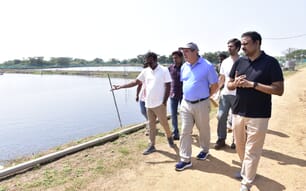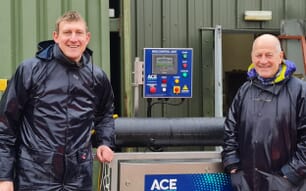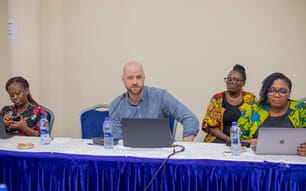Shrimp farming can contribute about 70 to 75 per cent in terms of value. Systematic introduction of Vannamei shrimps by regulatory agencies has paved the way for the ailing shrimp aquaculture sector to grow exponentially in the last few years, officials said.
Many large seafood and shrimp buyers from the U.S. and European Union are now looking at India as a stable and reliable supplier of processed shrimps, said Ramakanth V Akula, CEO, The Waterbase (promoted by the Karam Chand Thapar Group). Major investments have come in to support this by way of new farms, hatcheries, feed mills and processing factories, reports TheHindu.
Two main issues
Food safety and traceability are the two main issues which when addressed would eventually support the industry to achieve its goal.
When it comes to food safety, antibiotic residues in farmed shrimps is a major concern. Many concerns are being raised about the use of pond-reared brood stock, in place of specific pathogen-free Vannamei brood stock, in the hatcheries.
This could result in poor quality susceptible to disease, which prompts farmers to use a range of products whose ingredients may contain antibiotics.
Ignorance on the part of the farmers with these banned antibiotics, majority being Chloramphenicol and Nitrofurans, can seldom cure any of the bacterial or viral disease being faced by the farmers.
This ends up only as a losing battle. Unfortunately, the residue of banned antibiotics remain in the processed shrimp and once detected in the port of entry in EU or in the US leads to rejection of the import consignment and as a whole leaves a bad image on the Indian product.
Farmers should be educated on good aquaculture practices, usage of antibiotics in farming would no-way bring any benefit.
Coastal Aqua Culture Authority (CAA) has recently issued a public notice last month advising all the aquaculture input manufacturers (indigenous) and distributors (imported) of all aquaculture inputs to register their products indicating the type of product, its chemical/biological nature, application dosage suggested and the generic process of manufacture.
With these initiatives taken by CAA to register the inputs for aquaculture free of two antibiotics (chloramphenicol and nitrofuran), to begin with, is expected to bring in a major transformation in assuring food safety in farmed shrimps from India.
Mr. Ramakanth said: “It is the need of the hour and the collective responsibility of all the stakeholders to ensure that farmed shrimps are produced free of antibiotics. We, at Waterbase are committed to this compliance and would take a lead role in educating our farmers on the food safety requirements by adopting Good Management Practices (GMP).”
“The source and origin of this antibiotic into this food production chain needs to be eliminated to provide antibiotic free shrimps and thus allay the fears of the global consumers,” he pointed out.




